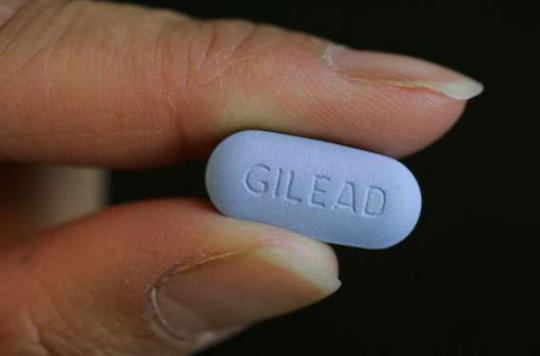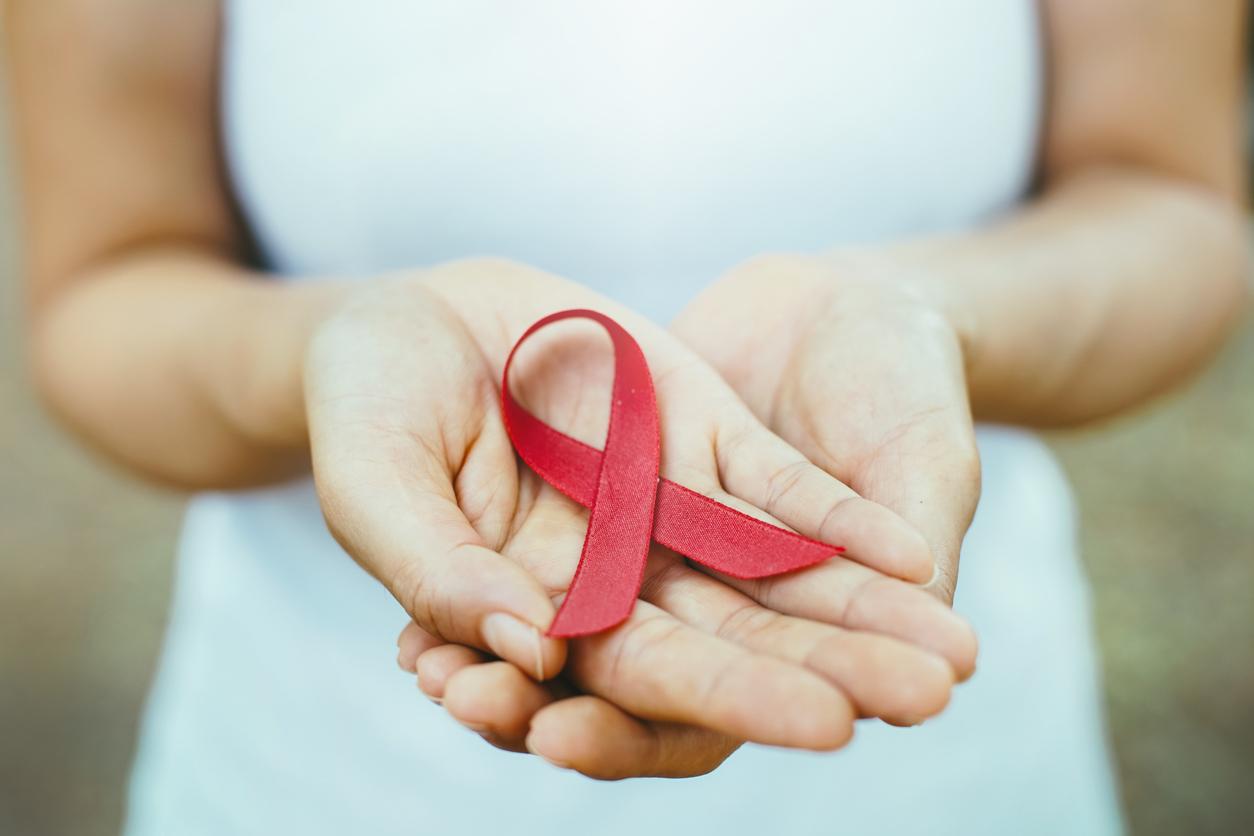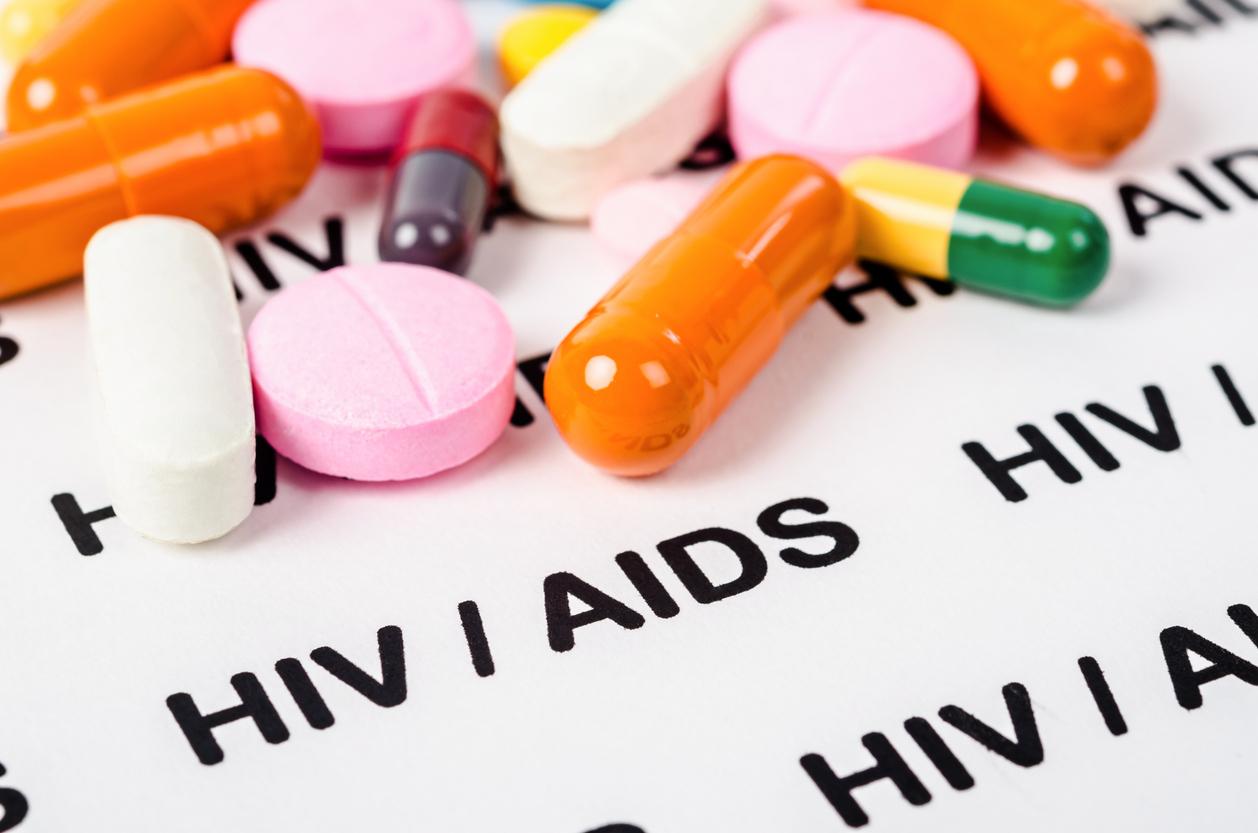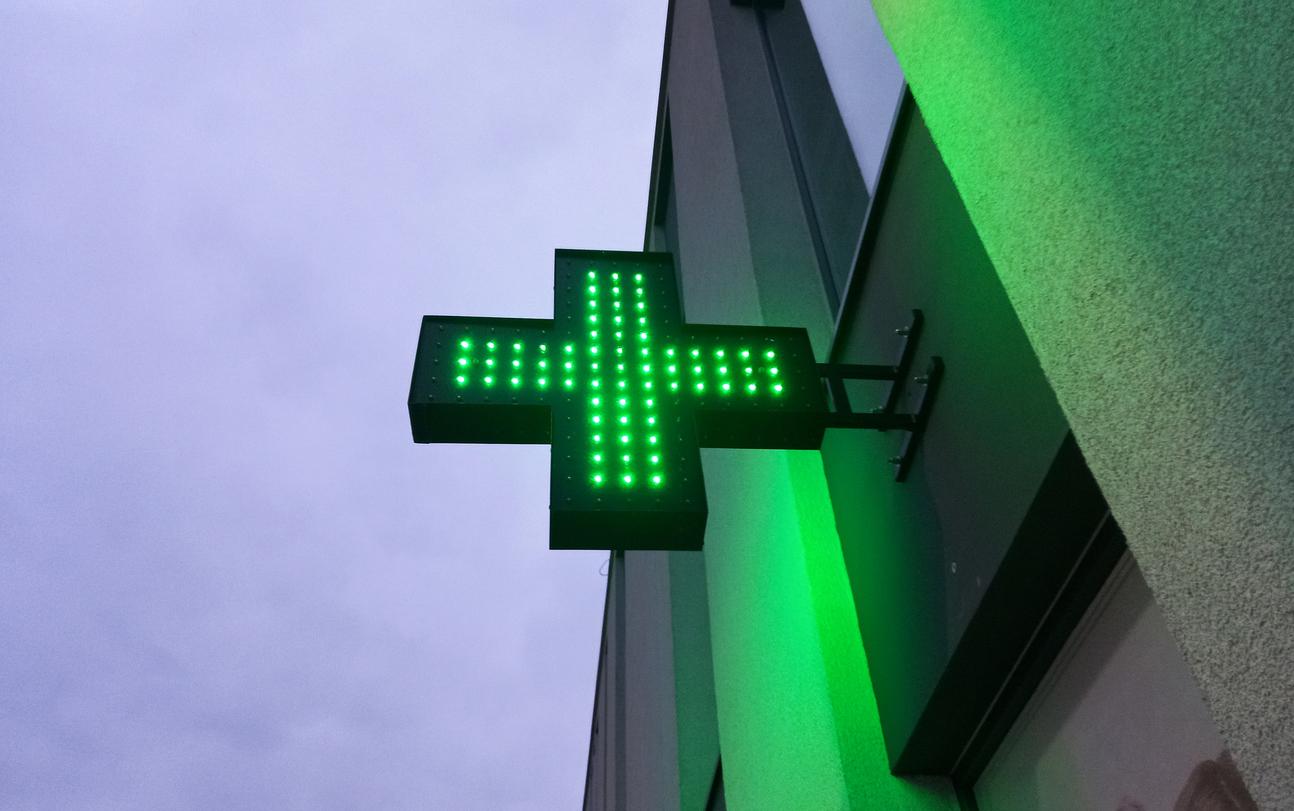Drug prevention of HIV is even more effective than advertised. Only 0.91% of volunteers taking Truvada in PrEP were contaminated during the IPERGAY trial.

Mainly focused on prevention, the International AIDS Conference (Durban, South Africa from July 18 to 22) has dubbed pre-exposure prophylaxis (PrEP). Already confirmed by several studies, this preventive drug approach is once again delivering conclusive results. Giving Truvada to populations at risk greatly reduces the likelihood of infection. This is the conclusion drawn from the emblematic French trial IPERGAY, now closed.
0.91% of cases
Prof. Jean-Michel Molina from Saint-Louis Hospital (Paris) has coordinated the research since 2012. On July 20, he presented the final results of this clinical trial on PrEP. The 362 men who have sex with men (MSM) recruited during the study were quite observant. They have also benefited greatly from Truvada in preventing HIV infection. All were considered to be at high risk of contamination. Initially, the conclusions showed a reduction of this danger of 86%.
In fact, PrEP “on demand” – that is, risk-related – has been shown to be much more effective. Prof. Molina’s team noted only 0.19 infections per 100 person-years of follow-up. The incidence of HIV was 0.91% in volunteers who received blinded Truvada. Arguments that clearly plead in favor of more widespread use, in the eyes of the study coordinator. “These results should promote a wider use of PrEP in populations at risk, in countries where the epidemic situation justifies it”, judge Jean-Michel Molina in a press release.

A real-life trial
The widespread use of PrEP in the IPERGAY trial was, however, accompanied by reduced condom use. The phenomenon is particularly marked in men who often used it during the “double blind” phase. After the administration of Truvada to all volunteers in 2014, the share of users fell. This decline was offset by the use of antiretroviral drugs. “The participants in the trial were sure to be protected by PrEP, which they knew was effective,” said Bruno Spire, of the AIDES association. But this regimen does not protect against other sexually transmitted infections.
The director of the National Agency for Research on AIDS and Viral Hepatitis (ANRS) – promoter of the IPERGAY trial – nevertheless draws a positive message from these results. “The question today is no longer whether PrEP is effective and should be used, but how to quickly make it available to those most at risk,” concludes Jean-François Delfraissy. His agency will follow PrEP beneficiaries in Île-de-France over longer periods.
From the end of 2016, the ANRS PREVENIR trial will be launched, in order to assess long-term adherence in real life. The affected population is large: 1,077 people have already visited the hospital to obtain PrEP. They mostly live in the Ile-de-France region.
.















